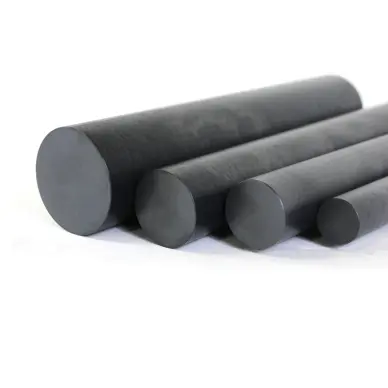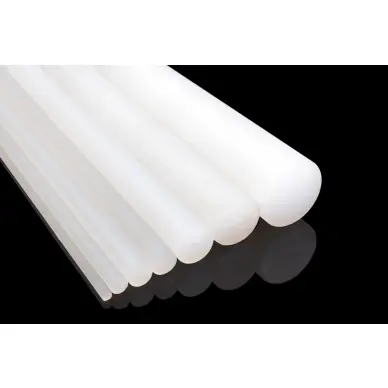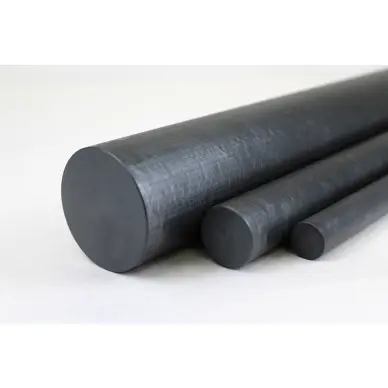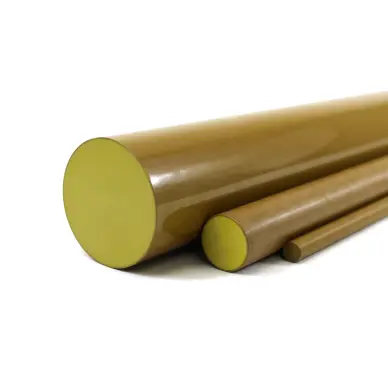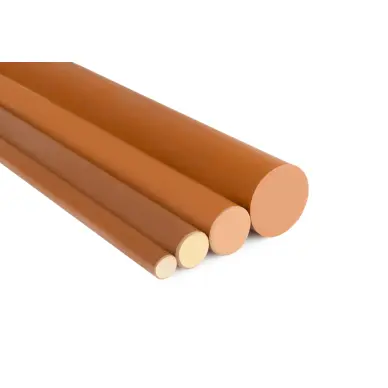Mechanical strength: HPP for demanding environments
Mechanical Strength of HPP: An Alternative to Metals
In industrial environments subject to intense mechanical stress, vibration or thermal cycling, material resistance is key. High-performance polymers (HPPs) offer a unique combination of lightness, rigidity and fatigue resistance, outperforming standard plastics while rivalling certain metals.
Why choose HPP for mechanical loads?
- Excellent tensile and bending strength
- High fatigue and wear resistance
- Dimensional stability under prolonged stress
- Low density: optimized strength-to-weight ratio
- High-temperature creep resistance
High-strength HPP polymers - Sélection DEMGY
Press Enter to type after or Shift + Enter to type before the widget.
HPP vs Metals vs Standard Plastics
Press Enter to type after or Shift + Enter to type before the widget.
Applications where mechanical strength is critical
Aerospace
- Structural parts, bushings, lightweight fasteners
- Vespel®: mechanical strength up to 550°C
Automotive & electric mobility
- Bearings, guides, connectors under stress
- KT-820 CF30: lightweight, rigid, durable
Chemistry & pharma
- Pumps, seals, turbines in corrosive fluids
- Ryton® R4: pressure + chemical resistance
Electronics & electrical engineering
- Component supports, rigid spacers
- Torlon® 4203: wet/wet mechanical insulation
DEMGY: tailor-made solutions for mechanical performance
Advice and material analysis
- Selection according to your loads, cycles and constraints
- Mechanical simulation (FEM), dimensioning
Controlled processing
- Complex high-precision machining
- Injection molding, compression, additive manufacturing
Quality control
- ISO, UL, REACH certified mechanical testing
- Aerospace, automotive, pharmaceutical compliance
Mechanically resistant HPPs are an effective replacement for metals in technical parts. Thanks to their lightness, wear resistance and structural reliability, they offer real added value in demanding sectors.
Associated products
